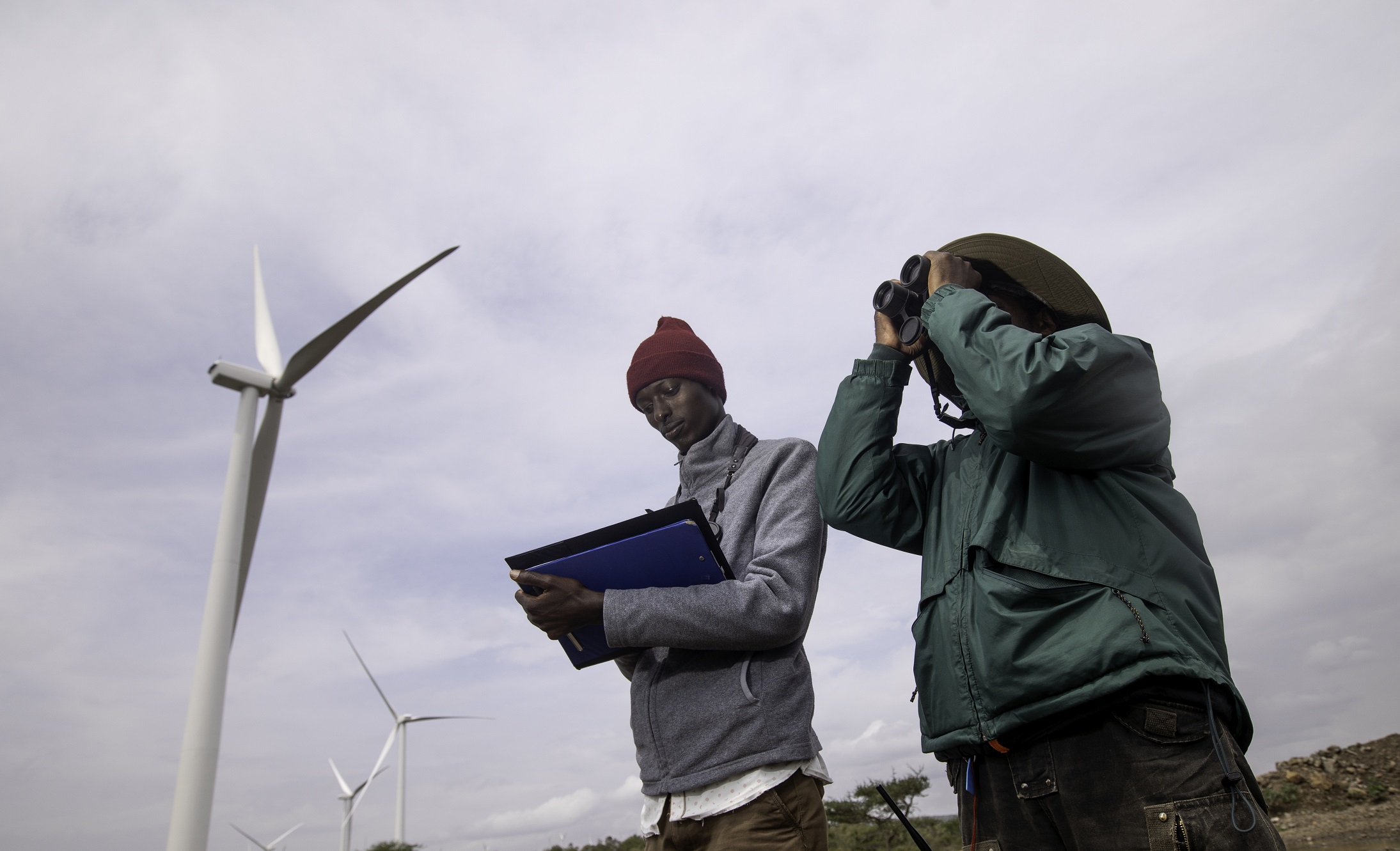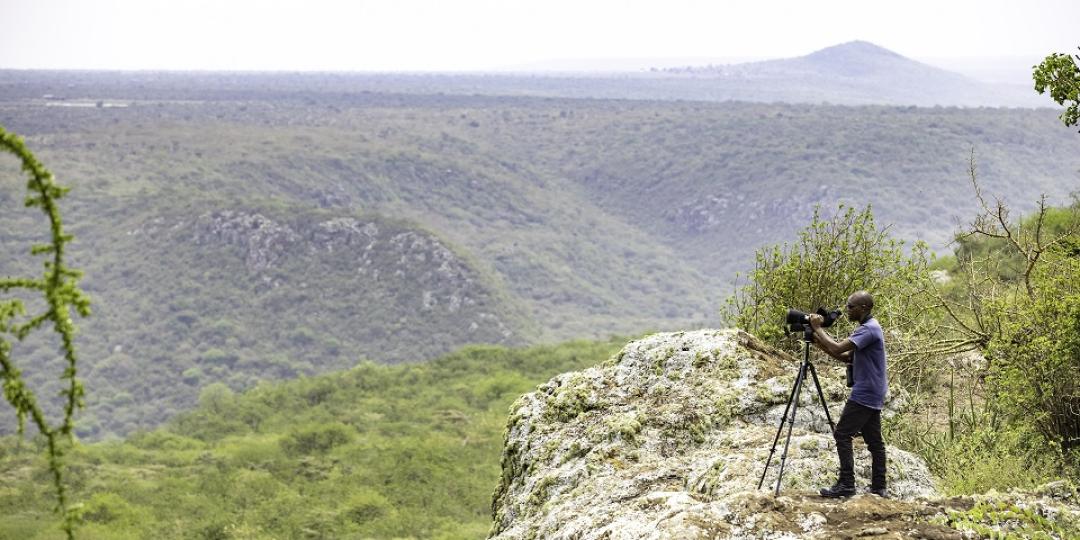BTE Renewables (BTE), which is an Actis company, alongside Craftskills Limited and The Nature Conservancy (TNC) have arranged a pioneering loan agreement for the Kipeto Wind Power Project (Kipeto), in Kenya.
Sourced from TNC and private impact investors, the US$10-million loan will facilitate funding, over the life of the project, towards implementing local human-wildlife initiatives in the areas surrounding the wind project. The loan helps bring together multiple parties in the interest of advancing conservation and demonstrating new models of funding.

Kipeto reached full commercial operations in July 2021 and supplies 100 MW of additional power to Kenya’s national grid, making this project the second largest wind power project in the country and providing clean power to approximately 250 000 households.
Located in Kajiado county, 45 km from Kenya’s capital, Nairobi, Kipeto is implementing an ambitious biodiversity action plan (BAP), which comprises close collaboration with the local community to protect the surrounding flora and fauna. The BAP was developed in consultation with various nature and wildlife conservation experts and includes a number of projects to improve the livelihoods of the community through local job creation and building improved predator-proof animal enclosures for local farmers. Simultaneously, the BAP aims to ensure the preservation of endangered species of vultures by undertaking activities such as enhanced monitoring and carcass clearance while implementing shutdown on demand and raptor rescue protocols.
BTE and TNC designed the investment via a fixed-rate mezzanine loan to the project, alongside a commitment by the project to provide annual funding for critical conservation initiatives throughout the life of the wind power project. The use of this funding is governed by the biodiversity subcommittee of Kipeto’s board, which comprises leading independent local and international avifauna organisations. In connection with the loan, TNC has joined Kipeto’s biodiversity committee and will provide technical assistance for the committee’s implementation of the BAP.
It is significant to note that the BAP includes both on-site mitigation measures and off-site vulture conservation interventions, including radio tracking and awareness programmes within communities, to decrease human-wildlife conflict, such as poisoning. The shutdown-on-demand and carcass removal activities, relate to on-site avoidance interventions.
Lisa Pinsley, Head of Africa at Actis, says, “We are proud for our portfolio company BTE Renewables and the landmark Kipeto project to be entering into this engagement with TNC, utilizing the creativity and expertise at both organisations to come together and support sustainable infrastructure development.”
Nikhath Zigmund, Business Development Director at BTE said, “This collaboration between BTE and TNC demonstrates the opportunities for private capital to be deployed in novel ways to address conservation challenges. We look forward to working closely with TNC on the Kipeto biodiversity committee to support the needs of the local community and also honour our commitment to the net gain of critically endangered vultures.”
Charlotte Kaiser, Managing Director of The Nature Conservancy’s NatureVest impact investing team commented: “With the twin crises of climate change and biodiversity loss, we must find every available opportunity to invest in ways that benefit nature and people together. Thanks to the commitment of all of Kipeto’s partners and the investors funding this loan, we are able to support biodiversity and communities while also investing in the renewable energy infrastructure that is a critical part of the fight against climate change.”
Contact BTE Renewables, Phone +27 (11) 367 4600, info@bterenewables.com , https://bterenewables.com
















